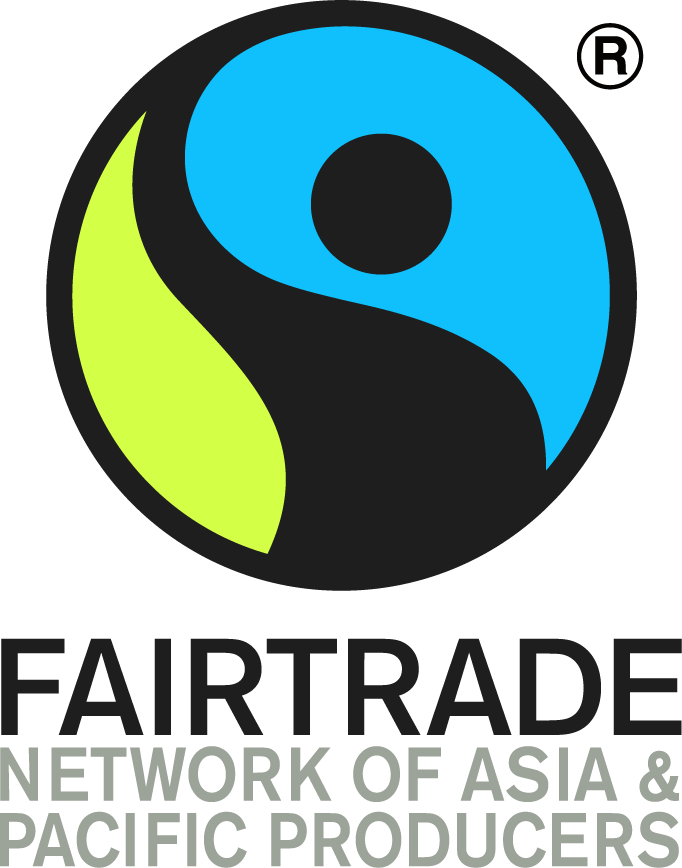Flowers and plants
Fairtrade cut foliage from Sri Lanka is more than just a decorative element for homes and events. Behind every leaf is a farmer whose hard work is fairly rewarded, and whose environment is being protected. Sourced ethically from a flower plantation, Fairtrade cut foliage ensures fair prices, safe working conditions, and community development through the Fairtrade Premium.
Current challenges
The flower industry is a vast global business, which grapples with significant challenges that warrant attention.
- Labour Exploitation: In certain flower-producing regions workers endure meager wages, often below the poverty line, leaving them struggling to meet basic needs. Many find themselves compelled to work excessively long hours, sometimes up to 14 hours a day, six days a week, with little to no compensation for overtime. The prevalence of short-term contracts and daily hiring further exacerbates the vulnerability of the workforce.
- Market Power Disparities: A handful of large corporations wield considerable influence over the international flower trade, echoing the imbalances seen in the banana industry. Retailers frequently engage in aggressive pricing strategies, offering substantial discounts on flowers. Fierce competition for customers sometimes results in consumer prices plummeting below production costs, placing immense financial strain on flower growers.
- Environmental and Health Ramifications: The use of chemicals to combat pests and diseases in flower cultivation raises concerns for both the environment and the well-being of workers and their communities. The runoff from these chemicals can contaminate water sources, posing risks to ecosystems. Additionally, the health of those working on flower farms may be compromised. Addressing these issues is crucial for ensuring the sustainability of the flower industry.
- Climate Change and Disease Vulnerability: Flower producers face formidable challenges from climate change, including droughts, floods, and hurricanes that threaten farms and yields. The flower sector contends with the economic burdens associated with plant diseases.
As the flower industry continues to thrive, it is imperative to address these pressing issues to create a sustainable and ethical global floral market.
WHY CHOOSE FAIRTRADE FLOWERS?
Fairtrade cut foliage from Sri Lanka empowers farmers and workers by promoting fair wages, sustainable harvesting practices, and long-term environmental protection. Your purchase supports livelihoods and helps preserve the biodiversity of Sri Lanka’s lush ecosystems.
- Fairtrade Premium: While flowers and plants are one of the few Fairtrade products that do not have a Fairtrade Minimum Price, the lack of a Minimum Price is balanced with a higher Fairtrade Premium – one of the highest of all Fairtrade products. Workers can use these Premium payments to invest in education, community infrastructure, workers’ rights trainings and other projects.
- Fair working conditions for workers: The Fairtrade Standard for Hired Labour covers rules on health and safety including pesticides and protective equipment - holidays, social security and contracts. Workers on Fairtrade certified flower farms have formal labour contracts as a norm, which is still a rarity on non-certified estates, and are free to join a union.
- Gender equality: Fairtrade NAPP run training courses on Fairtrade farms to raise awareness about women's rights, what constitutes harassment and how to implement an effective gender policy.
- Robust environmental criteria: The specifications require irrigation with reduced water consumption, strict waste management and respect for biodiversity. Highly toxic pesticides and GMos are prohibited.
Support Sri Lankan Farmers. Choose Fairtrade Cut Foliage.
When you choose Fairtrade cut foliage, you support workers in Sri Lanka who are committed to sustainable farming practices. Your purchase contributes to fair wages, community development, and environmental conservation
For more information write to us at comms@fairtradenapp.org
